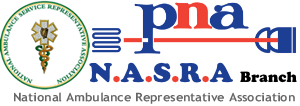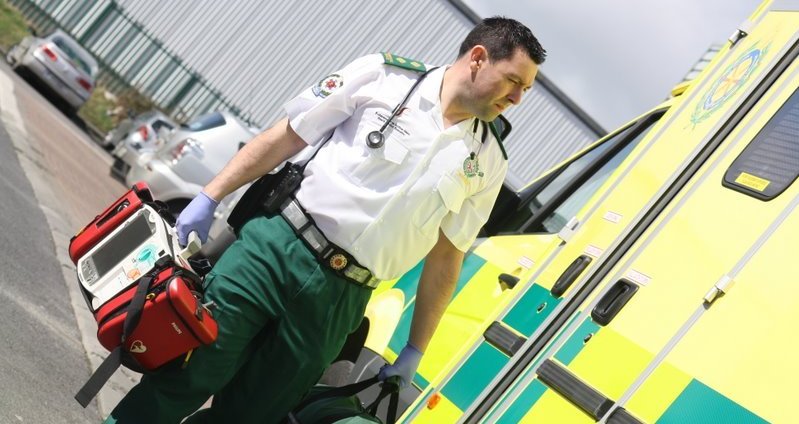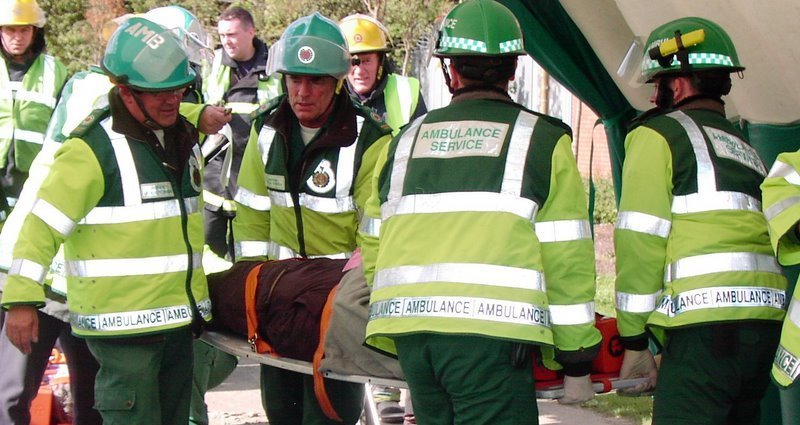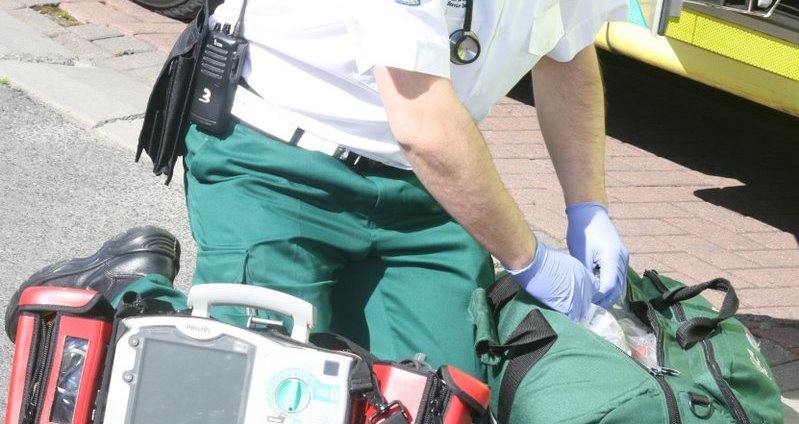Ambulance transfer of people with mental illness a tragedy waiting to happen
NASRA , the National Ambulance Service Representative Association said today (Friday 15 th April) that services nationally are seriously under resourced and the public are being put at risk unless there is significant recruitment of new staff to meet the demands of greater reliance on the ambulance service within the health services.
Speaking at NASRA's ADC in Cavan, National Chairman Michael Dixon said the role of ambulance paramedic in now one of the most demanding, stressful and under paid in the health services, yet the grade of paramedic is not even recognised by the HSE. He said management of the national ambulance service is chaotic, with a growing reliance on extended and unsustainable 12 -15 hour rosters, overtime, and non-rostered staff and cancellation of leave to keep ambulances on the road.
‘The demands on the ambulance services in the context of the reconfiguration of local hospital services have grown enormously but without any matching increase in staff. The Department of Health has to date not published the NAS Capacity Review of staff, but from what we know of this review, the NAS is up to 500 staff short of what is needed to provide a fully staffed and sustainable ambulance service to meet current demands.'
‘There is growing evidence that with the unrelenting demands on paramedics, combined with the cuts in salary of recent years that paramedics are voting with their feet and leaving the service. In parallel low pay, long unsocial grueling shifts, diminished work life balance and the reliance on overtime to make up basic salary, is turning potential recruits away from becoming paramedics.'
Michael Dixon said one example of the new demands on ambulance personnel is in the transfer of patients with mental health issues from their home to A and E, and from A and E to Acute Psychiatric Units.
‘We are seeing a greater reliance on the Ambulance Service in these transfers. However without the support of operational protocols or training for ambulance personnel in some cases these transfers are a tragedy waiting to happen.'
‘ If our ambulance services are going to be involved in supporting the transfer of mentally ill persons to and from mental health services we need the provision of dedicated training for ambulance staff and the provision of liaison personnel skilled in the management of distressed mentally ill people who need care.'
Media Contacts : Derek Cunningham 086-2430535





